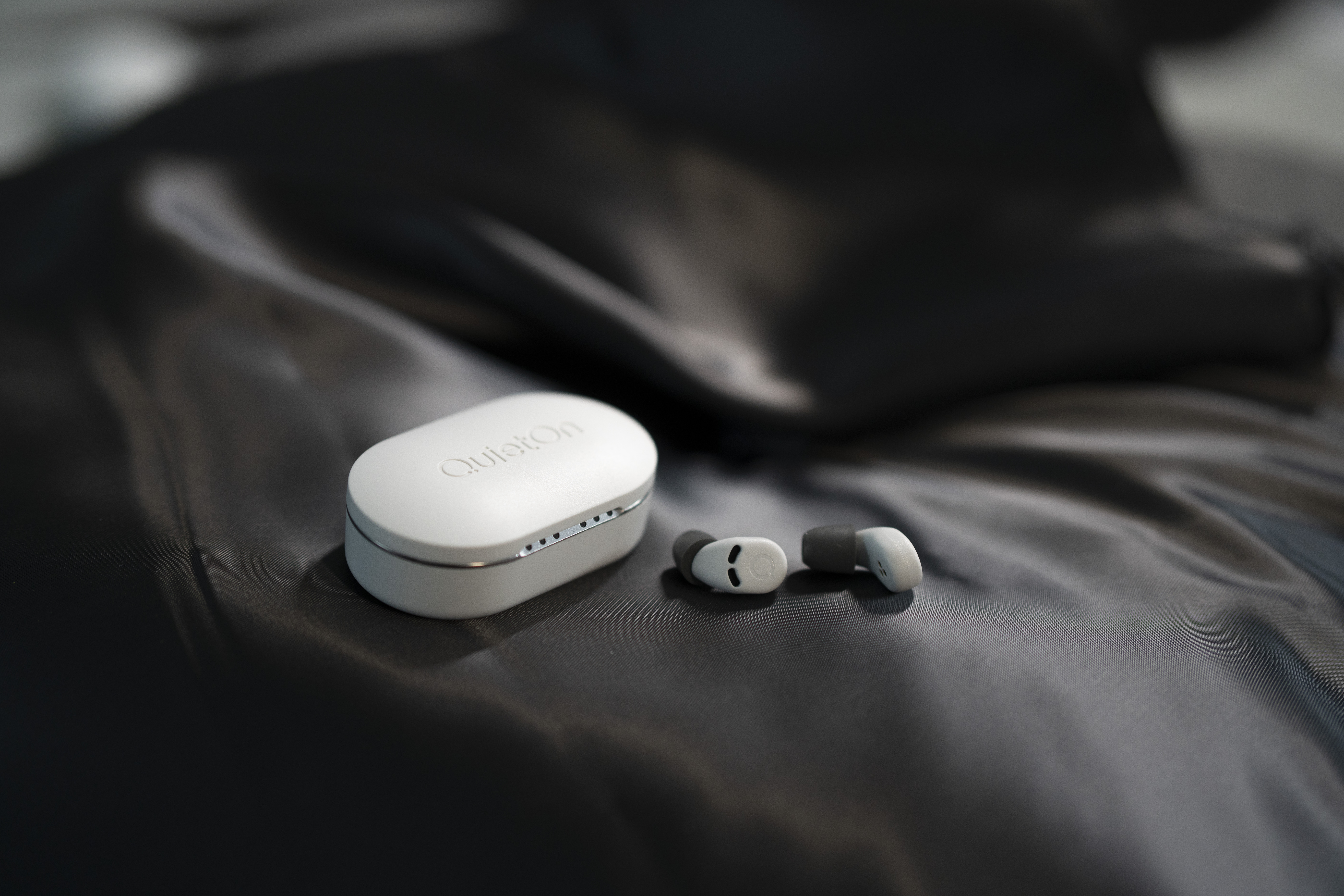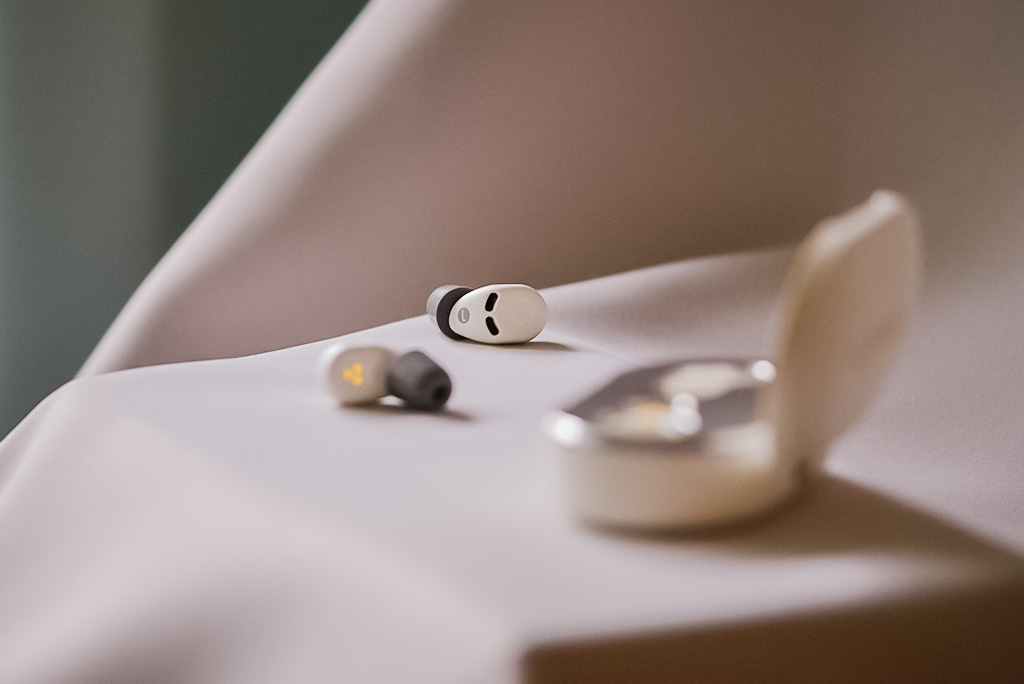Your cart is currently empty!
How to stop someone from snoring? – 5 tips
The sounds of snoring affect both the snorer and other persons sleeping in the same room. Luckily, there are several ways to prevent and stop someone from snoring without even waking them up.

1. Sleeping habits & sleeping position
Following a consistent sleep schedule may work as a natural treatment for snoring. Besides motivating the snorer to get enough sleep, you can also try changing their sleep position. Use pillows to elevate the snorer’s head to keep airways open. You can use pillows to help the snorer to sleep on their side instead of their back which can help reduce snoring. This is because sleeping on your back can cause your tongue to collapse backward and trigger snoring.
2. Adjust air quality and humidity
Poor indoor air quality can increase the likelihood of snoring as inhaling dust, pollution or other allergens may lead to nasal inflammation. Using air purifiers can contribute to better air quality but regular cleaning and dusting in the bedroom is equally important.
Dry air can also irritate the mucous membranes leading to snoring. If you live in a country with an arid climate, keep balcony doors and windows closed during the night to prevent irritation. Consider using a humidifier to make indoor air less dry.
3. Encourage a healthy lifestyle
Recommend the snorer to follow a healthy lifestyle, including these vital healthy habits:
- Promote weight control. Physical inactivity can lead to weight gain and increased body fat. Excess weight accumulated in the neck area may narrow the airway and cause nasal congestion.
- Recommend an anti-inflammatory diet. An anti-inflammatory diet is rich in antioxidants and nutrients in fruits, vegetables, lean protein and whole grains. These can reduce snoring-related inflammation. Bell peppers and citrus fruits are high in vitamin C, which may prevent respiratory infections.
- Remember good hydration. You can avoid irritation by staying properly hydrated. Adequate water intake keeps the nasal passages moisturized and helps prevent snoring.
- Avoid alcohol close to bedtime. Consuming alcohol relaxes our throat muscles, which can affect the normal breathing rhythm and cause additional vibration in the throat tissues.
- Quit smoking. The chemicals in tobacco can cause swelling and mucus buildup in the throat and restrict airflow. Smoking causes damage to the cilia, the hair-like structures in the respiratory tract. This can harm the natural clearing process of the throat and worsen snoring.
4. Get them tested for sleep apnea and other sleep disorders
Always encourage the snorer to consult a healthcare professional if snoring significantly affects their life and impairs their sleep quality. A doctor can provide comprehensive evaluations of the symptoms and rule out serious sleep disorders, like sleep apnea or even obstructive sleep apnea. The snorer’s health may be at risk if you notice breathing pauses during their sleep, unusual sleep deprivation, high blood pressure or exceptionally loud snoring.
5. Use an anti-snoring device
Consider using anti-snoring devices, such as nasal strips, chin straps or white noise machines to stop your sleeping partner from snoring. Better yet, try the QuietOn 3.1 noise-canceling earbuds to make sleeping with a snorer more comfortable. Instead of making your bed partner use impractical anti-snoring devices, block out the noise of snoring with QuietOn’s industry-leading active noise canceling (ANC) technology.





